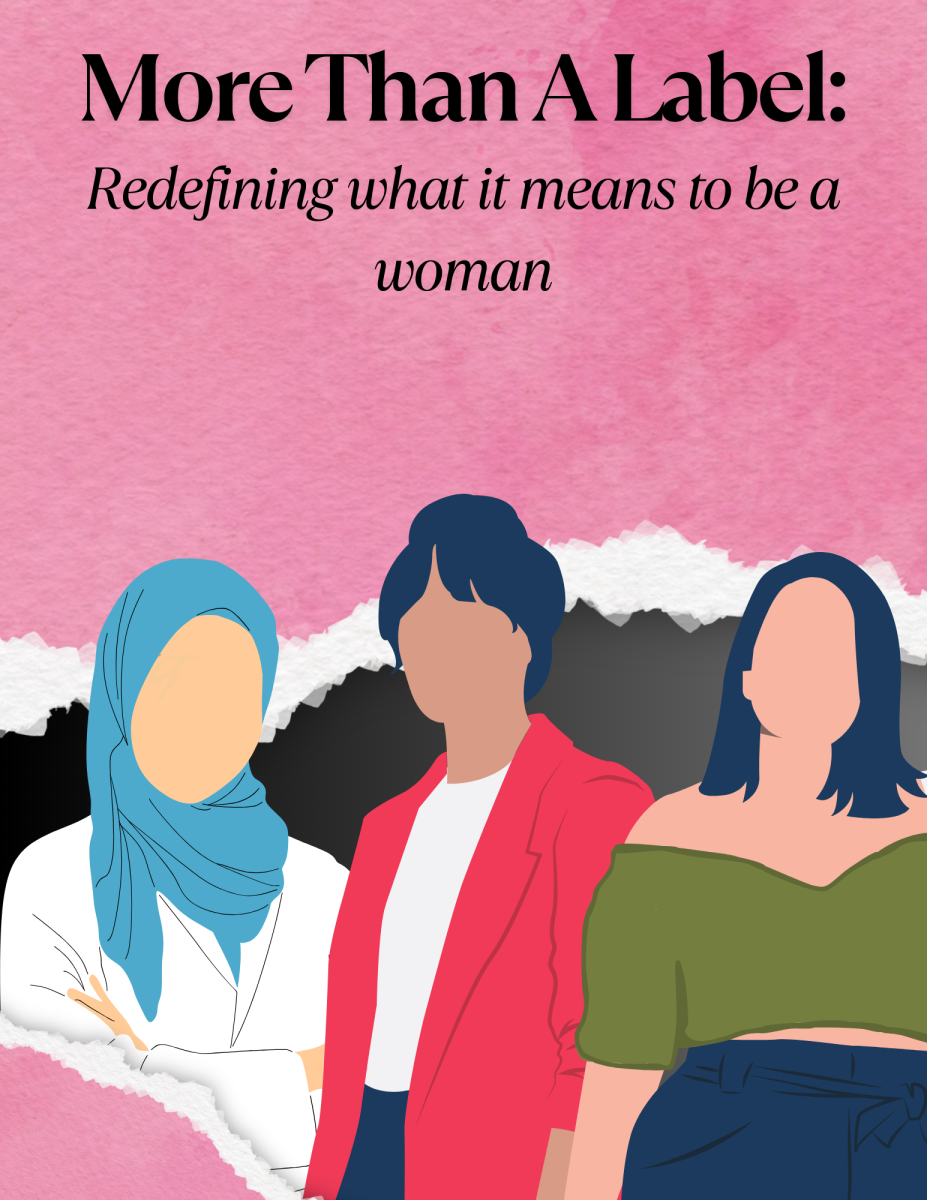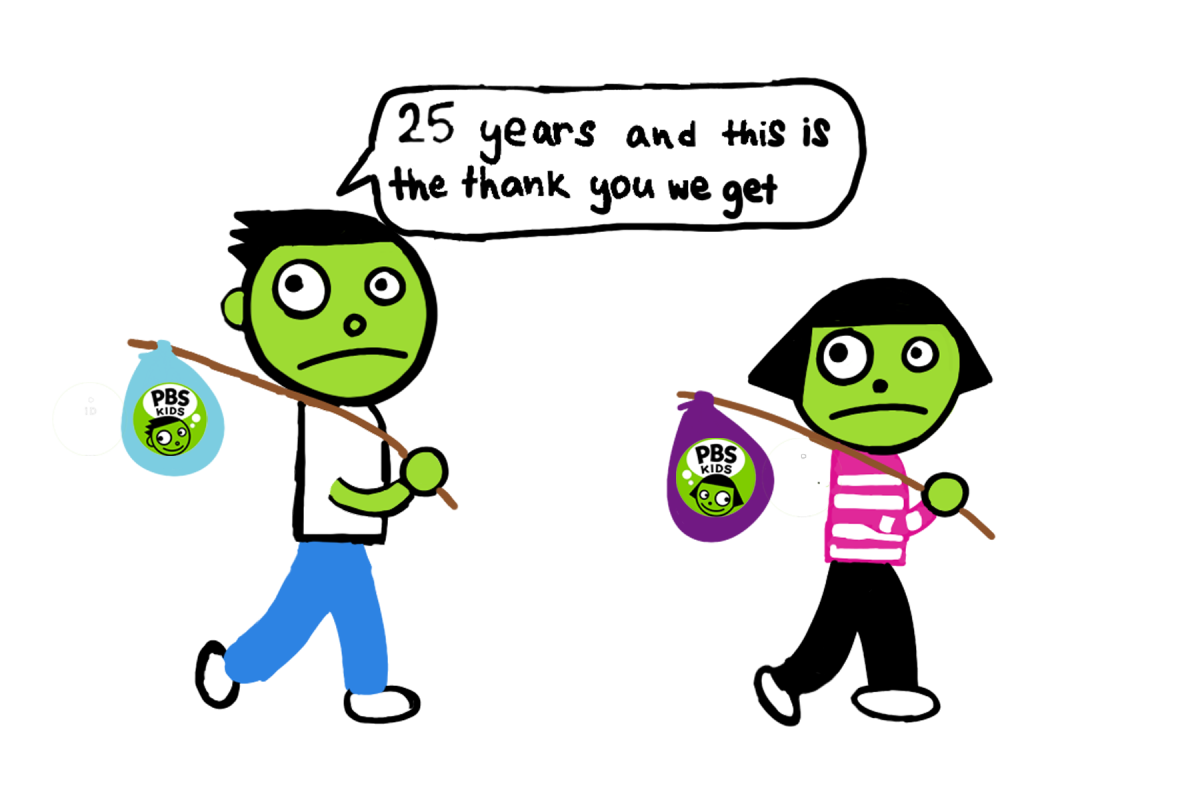“Tralalero Tralala,” “Tung Tung Tung Sahur,” “Ballerina Cappuccina!” A shark with blue shoes, a baseball bat with a face, and a cappuccino cup with arms and legs dressed as if it were in a ballet. These AI generated memes have taken over social media by storm, and have landed on many “For You” pages, whether that be TikTok, Instagram, or even Youtube Shorts.
There is no doubt that humanity has been in the era of artificial intelligence (AI), for quite a few years now. AI has significantly impacted social media in many ways and will continue to do so. Whether it is good or bad is up to personal experience, but it’s important to explore the ethics of the wide usage of AI within social networks.
Arguably, one of the biggest ethical concerns that comes with the use of AI is the issue of deepfakes. Deepfakes are manipulated videos or images, often created with artificial intelligence, to depict a person doing or saying something they really didn’t do or say. With the continued developments, AI gets more and more realistic every day. Keeping that in mind, these deepfakes are hyper-realistic, and more often than not, fool users.
Brooke Monk, a popular influencer, had found herself a victim of a deepfake. Someone used AI to create inappropriate and dehumanizing images of her that were clearly not real, and spread them around online. Monk is an example of how easy it is to become a victim of a deepfake. Due to it’s easy access, anyone can generate any photo they desire with a single tap. One tap that could ruin a career, a life, or a reputation.
Many states within the U.S. have passed legislation as well as bills aimed at combating the use of non consensual deepfakes. On Apr. 28, 2025, the U.S. House of Representatives voted to pass the Take it Down Act, which targets the misuse of AI created illicit imagery and Deepfake abuse. The DEFIANCE Act of 2024 improves rights to relief for individuals affected by non-consensual activities involving intimate digital forgeries and for other purposes, and hold accountable those responsible for the proliferation of that content.
The issue of deepfakes is quite similar to the concerns about the spreading of misinformation and AI generated news. According to NewsGaurd’s article, “Tracking AI-enabled Misinformation: 1,254 ‘Unreliable AI-Generated News’ Websites (and Counting), Plus the Top False Narratives Generated by Artificial Intelligence Tools,” there have been quite a few AI news sites that have churned out dozens of articles filled with a plethora of false claims.
It is extremely easy for fake AI generated news to circulate among many social media platforms, especially TikTok and Instagram. In many cases, users tend to believe what they see without looking it up, and then spread around the information. This causes mass confusion that could have been avoided with a simple search.
Despite these ethical concerns, AI has made quite the impression within memes on social media.
On TikTok, an artificially generated influencer called John Pork became fairly popular and lingered for a while. Later on, a made up story had circulated around the character. With the story, AI generated images were put together into a series of videos to follow the story timeline. Another trending TikTok meme contains AI generated images of animals combined with an object, and called some kind of name followed by an Italian phrase, widely known as “Italian Brainrot.”
The preposterousness of it all adds to its appeal with younger generations, because what’s funnier than a cross between a chimpanzee and a banana? Despite the hilarity, as well as the popularity, these computer generated memes raise a concern; Does it take away from human creativity?
Many studies have shown that AI-generated memes are often funnier than those created by humans. But it seems as if people have just gotten lazier in content creation. Because, frankly, are these memes actually funny, or just absurd? Many users online have expressed their distaste for the Italian Brainrot trend, stating that it is unfunny, so much so that it is funny. AI memes take less effort, less time, and less thinking. Consuming these mindless creations feels like regressing, because there truly is no meaning behind them. Artificially generated memes generally could lead to the decrease of human creation online.
AI, debatably, will be sticking around for years to come, and will continue to develop and upgrade over the years. It’s just the matter of whether users will utilize or exploit it. AI certainly raises an abundance of ethical issues and concerns, and will continue to change the trajectory of the way social media works. But there are ways to operate it as a tool and use it beneficially rather than negatively.
After all, AI is the future of humanity.







